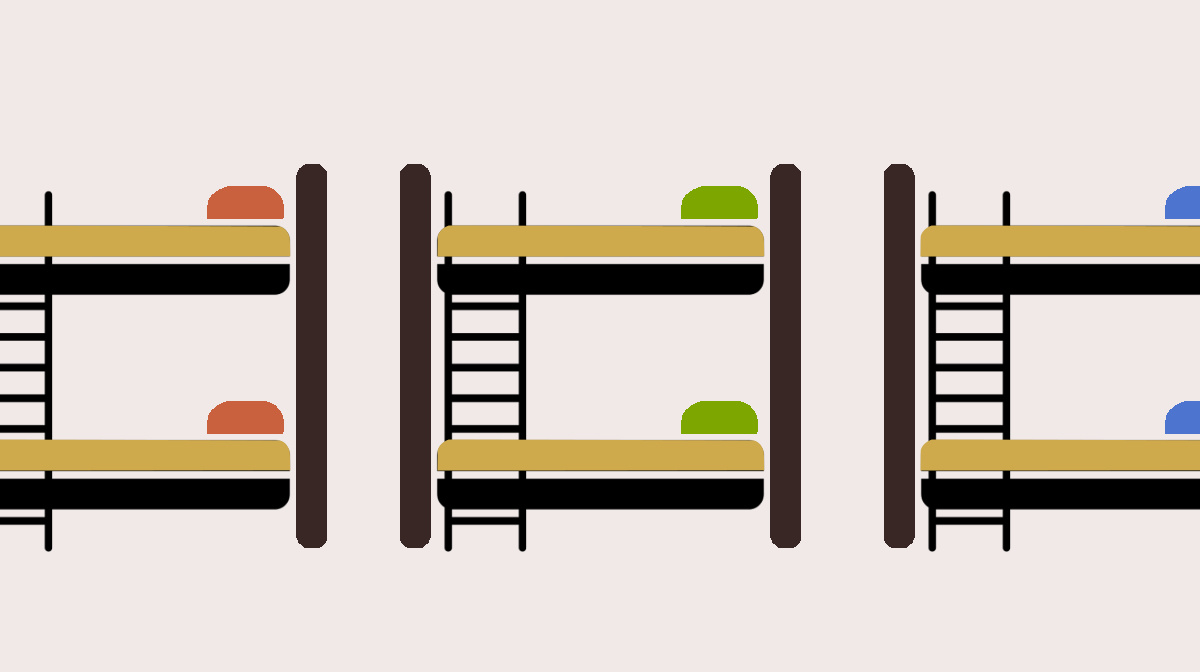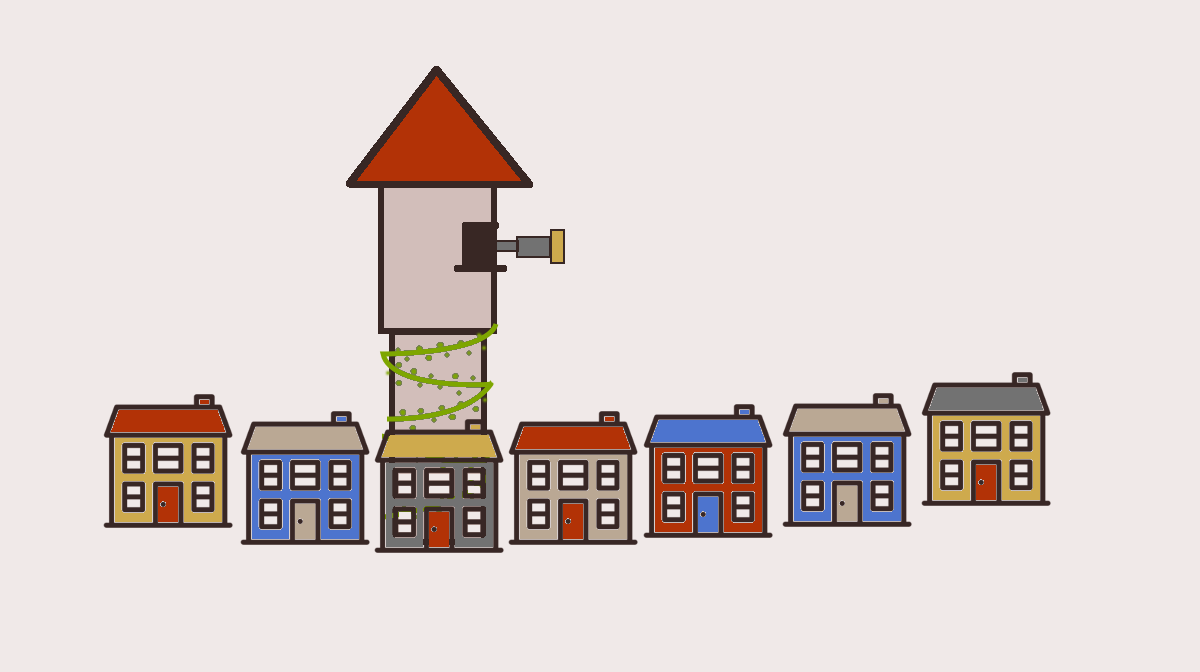This week my Twitter feed blew up with people talking about Podshare, a business offering what they call "co-living" arrangements in San Francisco and Los Angeles.
Co-living has been a thing for several years now, as has Podshare itself. The standard co-living M.O. is to offer furnished small sleeping rooms in shared suites within buildings that offer a networking opportunities, kitchens, laundry facilities, housekeeping and included utilities. The cost to rent one of these rooms is usually substantially below market rates for normal apartments, offered by the day or the month instead of by the year. They're marketed to underpaid twenty and thirty-somethings in trendy neighborhoods.
Those of you who have been following the "Classified Housing" series in this blog know that housing with amenities of this nature have been around in Chicago for over a century. Those of you who were around in the 1960s or have been to liberal colleges know this sort of arrangement as a "co-op."
The main difference between the controversial Podshare and other co-living arrangements is the sleeping quarters, where instead of a small room with a door you get a bunk bed in a room full of other bunk beds. Detractors complain that it's socialism at work and glamorizing poverty. Advocates call it a corporate answer to oppressive housing costs where government and non-profit attempts to cure the problem have failed.
My question is, would Podshare work in Chicago? If not, would the similar Japanese style of capsule hotels work instead? Continue reading Would Pod or Capsule Housing Work in Chicago?






